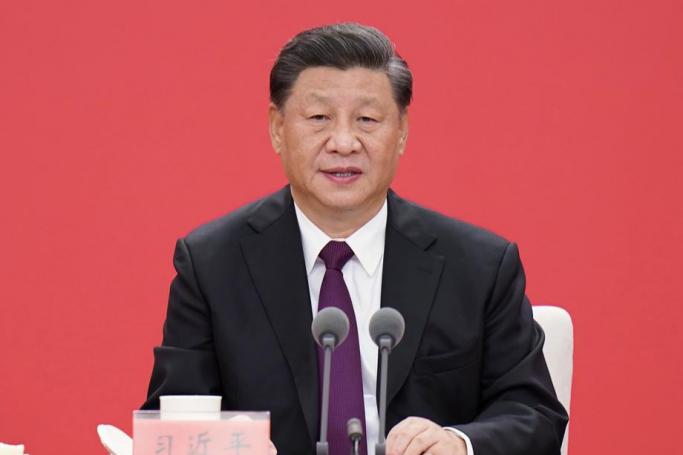China’s ‘wolf warrior diplomacy’ is leaving a sour aftertaste globally. Beijing’s nationalistic aggression as a foreign policy stratagem is adding to the long list of complications the dragon nation already faces with the western world.
China’s recourse to the arrest of top Huawei executive Meng Wanzhou was to detain Canadian businessman, Michael Spavor and diplomat, Michael Kovrig, on espionage charges. The two were picked up in December 2018 and have not yet gone on trial. Sino-Canadian relations have taken a nosedive after the incident and has sparked widespread rage among Canadians.
Meng Wanzhou has been under house arrest and is charged with lying to American banks about Huawei’s dealings with Iran- in violation of US sanctions. She is currently fighting extradition to the US.
Both Kovrig and Spavor have been held with no access to outside lawyers and have had limited opportunities to speak with consular officials and their respective families. Ottawa’s ambassador to Beijing claimed that both men were in good physical and mental condition despite the hardened living conditions. Kovrig has been imprisoned in a ten square foot concrete cell in Beijing with zero communication from the outside world and has also endured six-months of solitary confinement with a single phone call of 16 minutes and 47 seconds awarded at the end of it. Spavor, on the other hand, is being held in a separate facility in Dandong closer to the North Korean border, where the conditions are not any better. Spavor has indicated that he is being kept under 24-hour lighting and is undergoing harsh living conditions at the Dandong Detention Facility.
Over $28,000 has been raised by a crowdfunding campaign in support of Spavor who is known for his close ties with North Korea’s Kim Jong-Un and is the founding member of the Paektu Cultural Exchange.
A campaign to bombard Chinese embassies with holiday greetings with the hashtag #FreeChinaHostages for the two captives was launched on the second anniversary of their arrest.
During a press conference in early December, Ministry of Foreign Affairs Spokesperson Hua Chunying, stated that both ‘Michaels’ had been ‘arrested, indicted and tried’. China’s state owned propaganda media outlet Global Times also mentioned that both Canadians had been ‘arrested, prosecuted and
tried’.
However, Canadian diplomats in China found no evidence of any trial taking place. Canadian foreign ministry later confirmed that there had indeed been no development in the case of both detainees. A ‘translation error’ has been cited as the reason for the confusion.
China's CCP-controlled court system has an almost 100% conviction rate once defendants are charged.
The arbitrary arrest of Spavor and Kovrig for ‘spying on national secrets’ and ‘providing intelligence for outside entities’ could possibly draw decades’ worth of imprisonment for the two.
China has refused to take accountability for its ‘hostage diplomacy’ tactics and has instead stated its ‘protection of legitimate rights in accordance with the law’. Allegedly, a potential deal for a hostage exchange is being worked out between Canada and USA.
China’s approach has been widely criticized around the world and has bolstered anti-China sentiments that have been at play after China’s role in the COVID-19 pandemic came to light.
Lee Chen is a pseudonym for a writer who covers Asia and world politics












